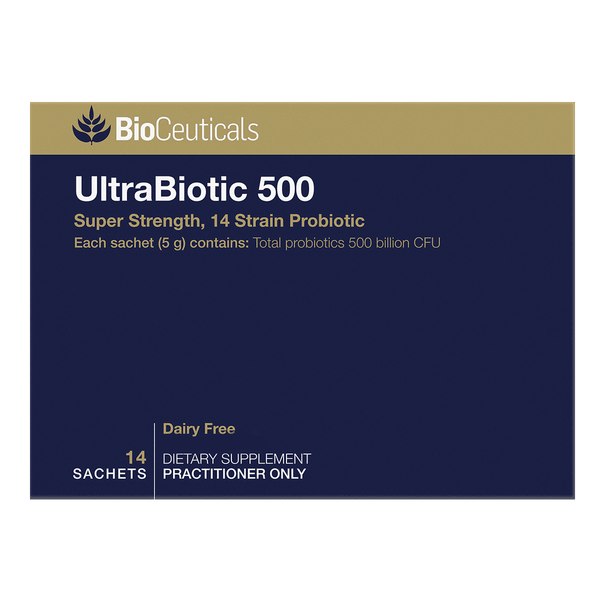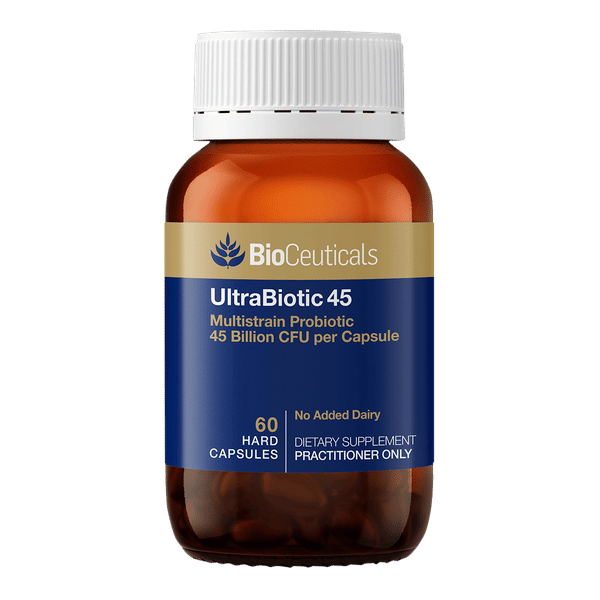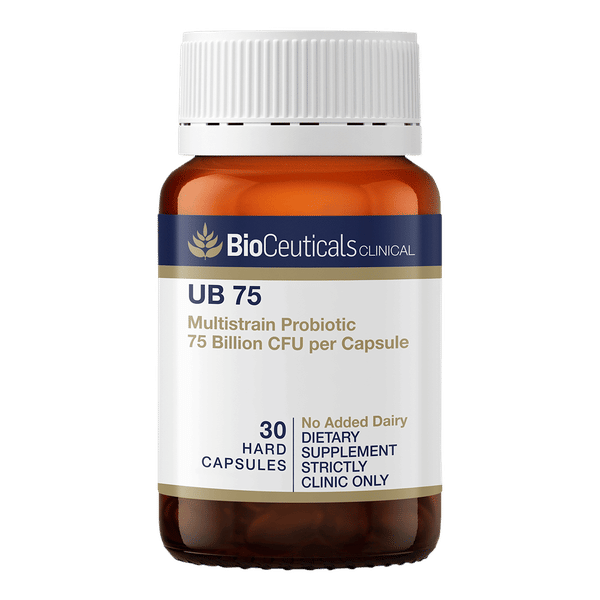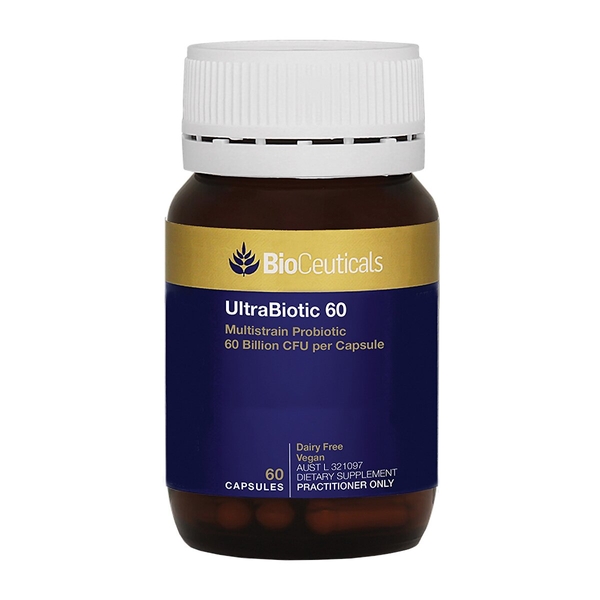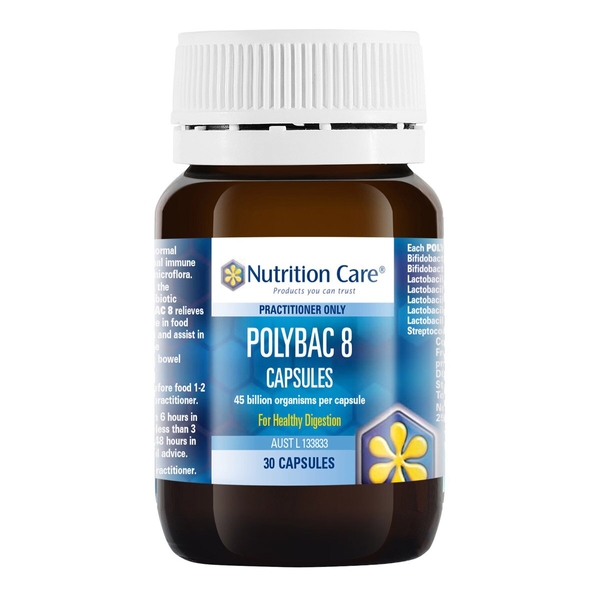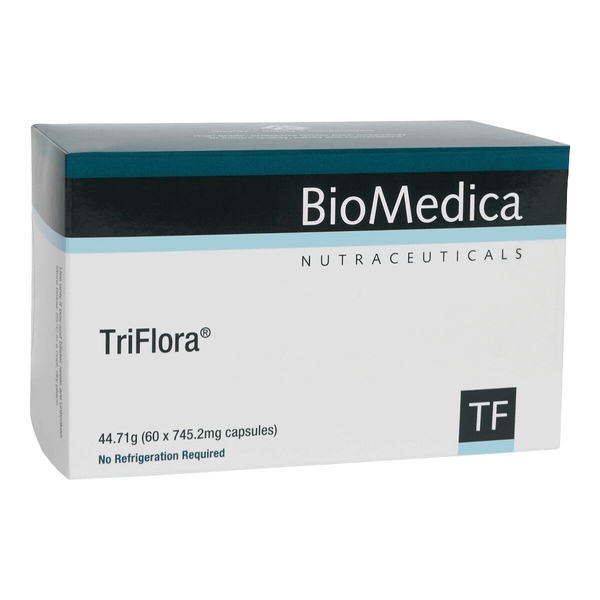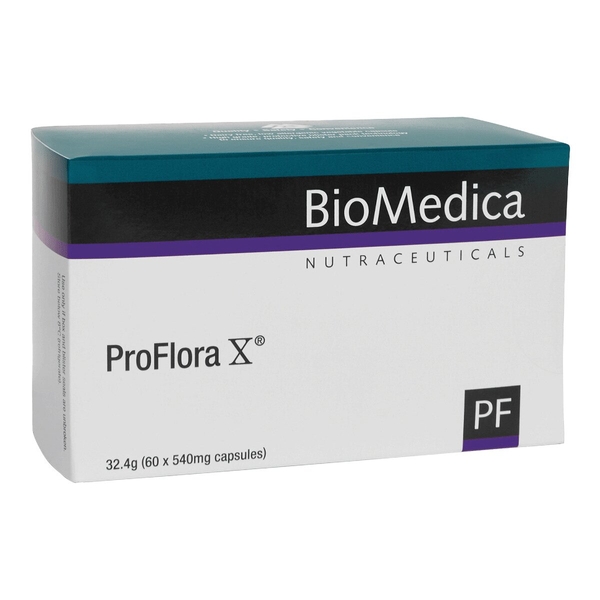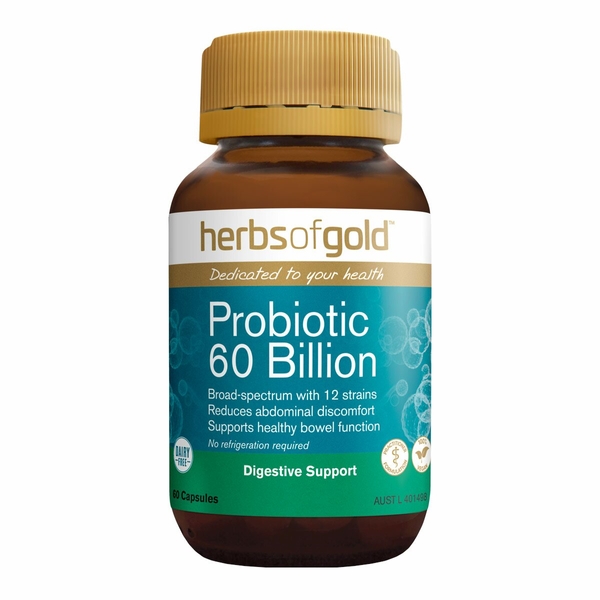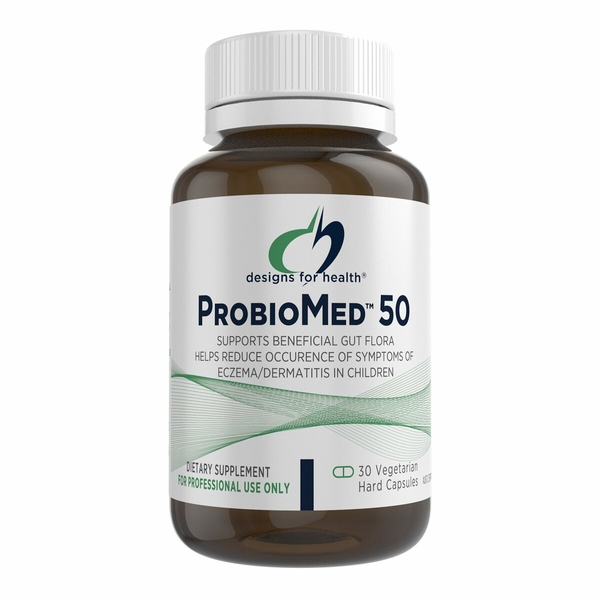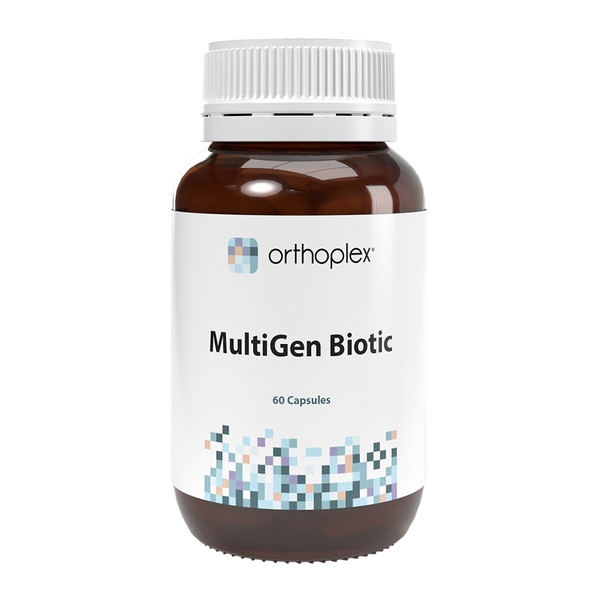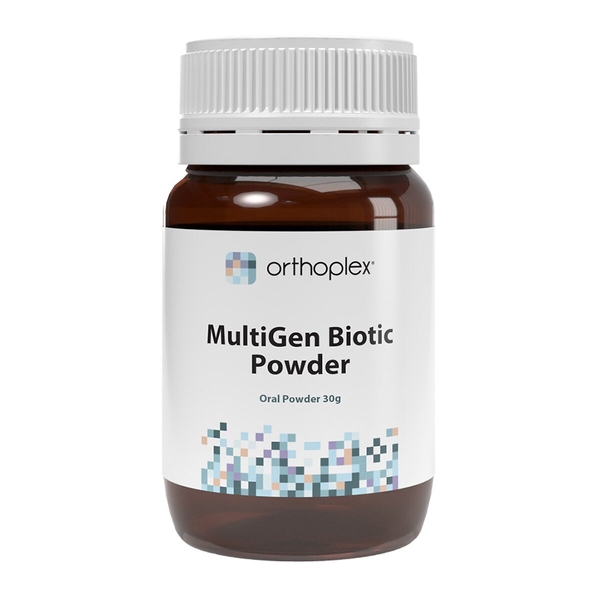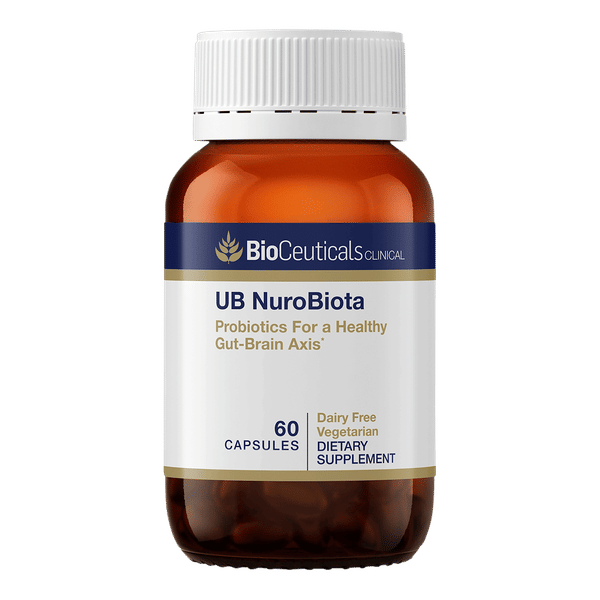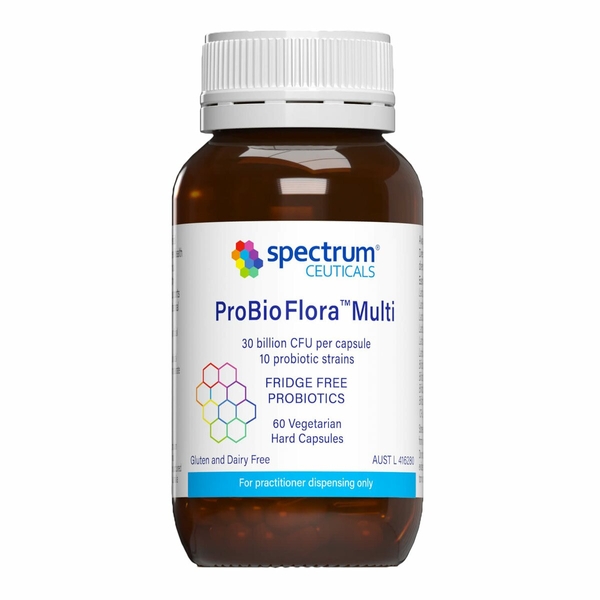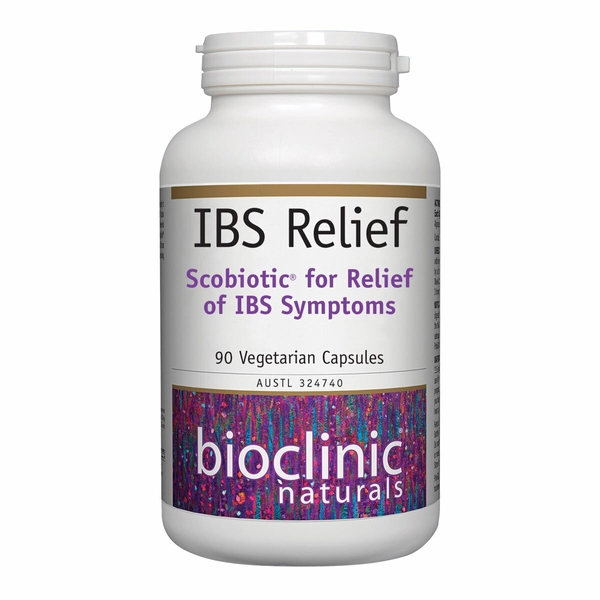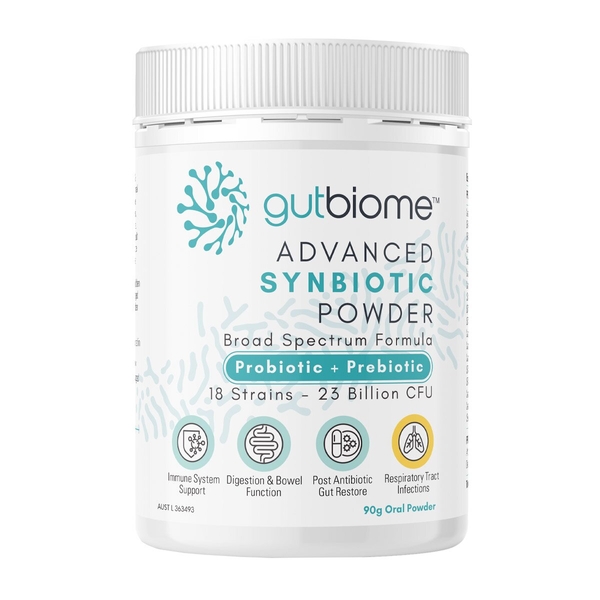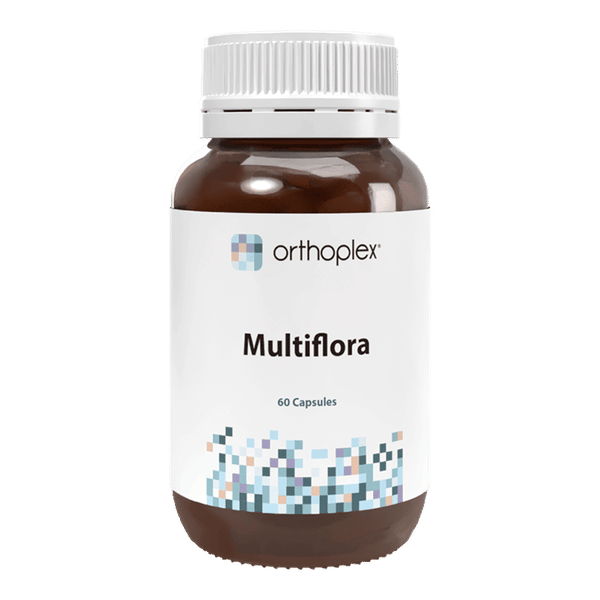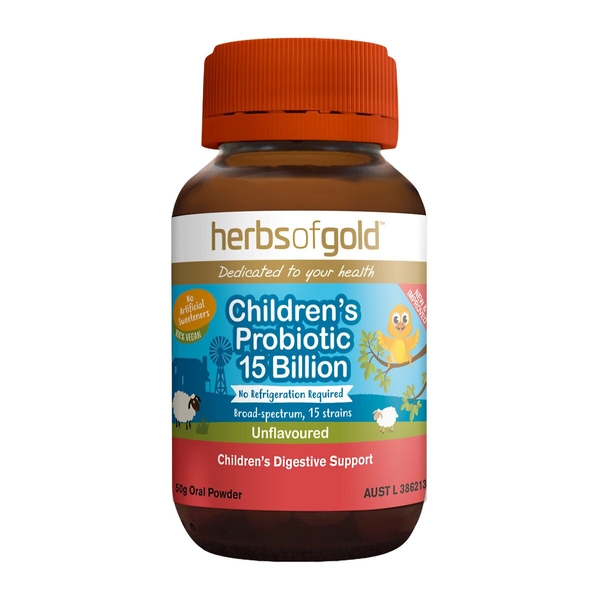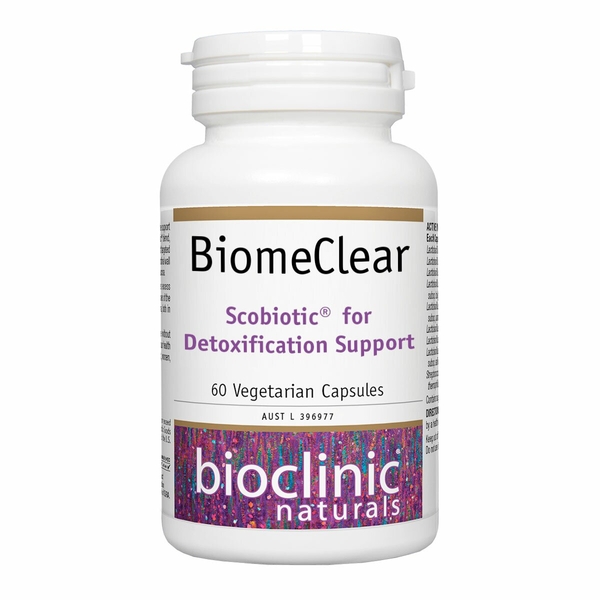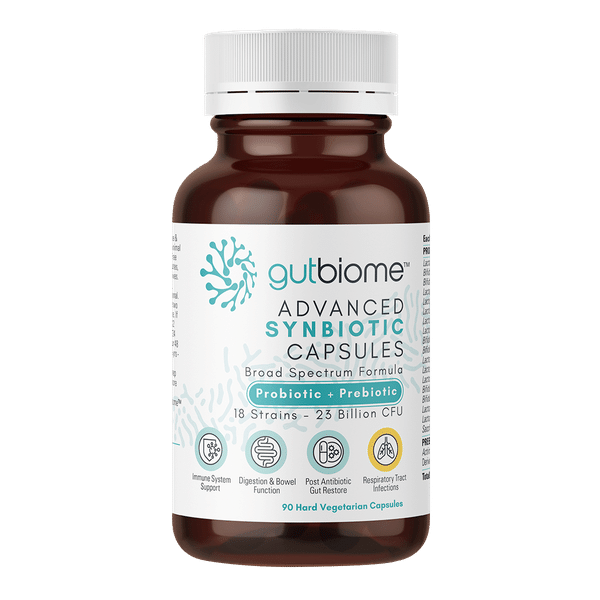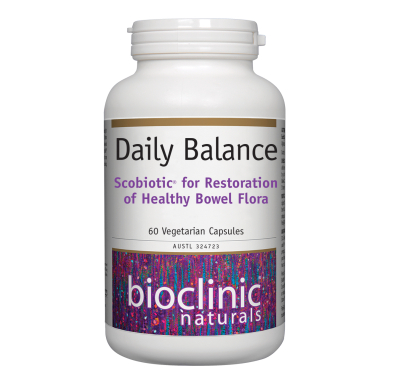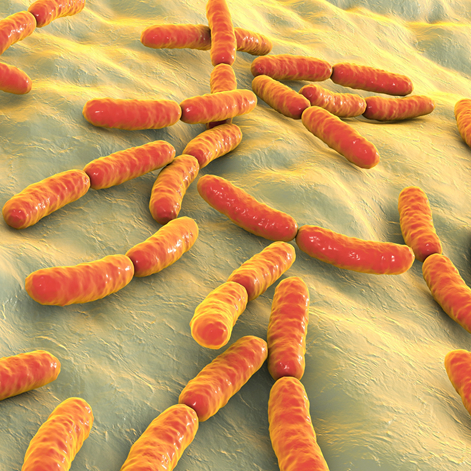
Lacticaseibacillus casei
Scientific names: Lacticaseibacillus casei
Family: Lactobacillaceae
Alternate names: L. casei, Lactobacillus Casei, Lactobacillus Zeae, Probiotic, Probiotique
Actions: General, Antibiotic adverse effect prevention, Anti-arthritic, Anticancer, Antioxidant, Hepatoprotective, Immunomodulating
Background
Lacticaseibacillus casei (L. casei) is a type of probiotic ("good" bacteria) found in the infant digestive tract. It produces lactic acid in the gut.
"Good" bacteria such as L. casei can help break down food, absorb nutrients, and fight off "bad" organisms that might cause diseases. L. casei is sometimes added to fermented foods like yogurt and is also found in probiotic supplements.
People use L. casei for eczema, constipation, high blood pressure, and many other conditions, but there is no good scientific evidence to support many of these uses. There is also no good evidence to support using L. casei for COVID-19.
Don't confuse L. casei with other probiotics, or with fermented food products such as fermented milk, kefir, or yogurt. These are not the same. Also note that L. casei used to be classified under the Lactobacillus genus. But Lactobacillus was split up into 25 different genera in April 2020. Some product labels might still list this species as Lactobacillus casei rather than its new name, Lacticaseibacillus casei. Also note that some types of L. casei are now classified as a different species. Some product labels might still list these types incorrectly as L. casei rather than its new name, Lacticaseibacillus paracasei or L. paracasei.
"Good" bacteria such as L. casei can help break down food, absorb nutrients, and fight off "bad" organisms that might cause diseases. L. casei is sometimes added to fermented foods like yogurt and is also found in probiotic supplements.
People use L. casei for eczema, constipation, high blood pressure, and many other conditions, but there is no good scientific evidence to support many of these uses. There is also no good evidence to support using L. casei for COVID-19.
Don't confuse L. casei with other probiotics, or with fermented food products such as fermented milk, kefir, or yogurt. These are not the same. Also note that L. casei used to be classified under the Lactobacillus genus. But Lactobacillus was split up into 25 different genera in April 2020. Some product labels might still list this species as Lactobacillus casei rather than its new name, Lacticaseibacillus casei. Also note that some types of L. casei are now classified as a different species. Some product labels might still list these types incorrectly as L. casei rather than its new name, Lacticaseibacillus paracasei or L. paracasei.
Safety Safety definitions
When taken by mouth: L. casei is likely safe. It's been used safely alone and together with other probiotics for up to 8 weeks. Some people might experience gas or bloating, but it's usually well-tolerated.
Breast-feeding: There isn't enough reliable information to know if L. casei is safe to use while breast-feeding. But there's no reason to expect safety concerns when used appropriately under medical supervision.
Children: L. casei is likely safe when taken by mouth appropriately in most children. It's been used safely for up to 4 months. However, there isn't enough reliable information to know if L. casei is safe for very small premature infants.
Weakened immune system: Some probiotics have caused blood infections in a small number of people with weakened immune systems. If you have a weakened immune system, talk with your healthcare provider before taking probiotics, including L. casei.
Damaged heart valves: Some probiotics have caused infections of the inner lining of the heart chambers and heart valve. This is extremely rare, but people with damaged heart valves should stop taking probiotics like L. casei before dental procedures or surgical procedures.
Special Precautions & Warnings:
Pregnancy: L. casei is possibly safe when taken by mouth appropriately during pregnancy. It's been used safely together with other probiotics for 6 weeks, starting at 24-28 weeks of pregnancy.Breast-feeding: There isn't enough reliable information to know if L. casei is safe to use while breast-feeding. But there's no reason to expect safety concerns when used appropriately under medical supervision.
Children: L. casei is likely safe when taken by mouth appropriately in most children. It's been used safely for up to 4 months. However, there isn't enough reliable information to know if L. casei is safe for very small premature infants.
Weakened immune system: Some probiotics have caused blood infections in a small number of people with weakened immune systems. If you have a weakened immune system, talk with your healthcare provider before taking probiotics, including L. casei.
Damaged heart valves: Some probiotics have caused infections of the inner lining of the heart chambers and heart valve. This is extremely rare, but people with damaged heart valves should stop taking probiotics like L. casei before dental procedures or surgical procedures.
Effectiveness
Effective Effectiveness definitions
There is interest in using L. casei for a number of purposes, but there isn't enough reliable information to say whether it might be helpful.
Dosing & administration
L. casei is sometimes added to fermented foods such as yogurt, but it's most commonly used in dietary supplements.
In adults, L. casei has most often been taken by mouth, alone or together with other probiotics, in doses of up to 100 billion CFUs daily for up to 3 months. In children, L. casei has most often been taken by mouth in doses of up to 300 million CFUs daily, for up to 4 months. Speak with a healthcare provider to find out what dose might be best for a specific condition.
In adults, L. casei has most often been taken by mouth, alone or together with other probiotics, in doses of up to 100 billion CFUs daily for up to 3 months. In children, L. casei has most often been taken by mouth in doses of up to 300 million CFUs daily, for up to 4 months. Speak with a healthcare provider to find out what dose might be best for a specific condition.
Interactions with pharmaceuticals
Antibiotic drugs
Interaction Rating=Moderate Be cautious with this combination.
L. casei is a type of friendly bacteria. Antibiotics are used to reduce harmful bacteria in the body. Taking antibiotics along with L. casei can reduce the effects of L. casei. To avoid this interaction, take L. casei products at least 2 hours before or after antibiotics.
Interactions with herbs & supplements
There are no known interactions with herbs and supplements.
Interactions with foods
There are no known interactions with foods.
Products
View all productsPer 5 g:
- Lactobacillus casei (LC-11) 10 billion CFU
- Lactobacillus paracasei (LPC-37) 50 billion CFU
- Bifidobacterium bifidum (BB-06) 5 billion CFU
- Bifidobacterium animalis ssp. lactis (BI-04) 220 billion CFU
- Bifidobacterium animalis ssp. lactis (HN019) 35 billion CFU
- Bifidobacterium longum (BL-05) 5 billion CFU
- Lactobacillus acidophilus (LA-14) 50 billion CFU
- Lactobacillus brevis (LBR-35) 15 billion CFU
- Lactobacillus gasseri (LG-36) 15 billion CFU
- Lactobacillus plantarum (LP-115) 30 billion CFU
- Lactobacillus rhamnosus (HN001) 10 billion CFU
- Lactobacillus rhamnosus (LR-32) 5 billion CFU
- Lactobacillus salivarius (LS-33) 40 billion CFU
- Streptococcus thermophilus (ST-21) 10 billion CFU
Practitioner product
Per capsule:
- Lactobacillus casei (CUL 06) 9.5 billion CFU
- Lactobacillus acidophilus (CUL 21 + CUL 60) 7.4 billion CFU
- Bifidobacterium animalis ssp. lactis (CUL 34) 4.3 billion CFU
- Bifidobacterium bifidum (CUL 20) 225 million CFU
- Lactobacillus rhamnosus (CUL 63) 15.6 billion CFU
- Lactobacillus plantarum (CUL 66) 3.2 billion CFU
- Lactobacillus fermentum (CUL 67) 1.4 billion CFU
- Streptococcus thermophilus (CUL 68) 2.3 billion CFU
- Bifidobacterium breve (BB-18) 1.4 billion CFU
Practitioner product
Per capsule:
- Lactobacillus casei (CUL 06) 9.5 billion CFU
- Lactobacillus acidophilus (CUL 21 + CUL 60) 20 billion CFU
- Bifidobacterium animalis ssp. lactis (CUL 34) 6.6 billion CFU
- Bifidobacterium bifidum (CUL 20) 345 million CFU
- Lactobacillus rhamnosus (CUL 63) 15.6 billion CFU
- Lactobacillus gasseri (LG-36) 15 billion CFU
- Lactobacillus plantarum (CUL 66) 3.2 billion CFU
- Lactobacillus fermentum (CUL 67) 1.4 billion CFU
- Bifidobacterium breve (BB-18) 1.4 billion CFU
- Streptococcus thermophilus (CUL 68) 2.3 billion CFU
Practitioner product
Per capsule:
- Lactobacillus casei (CUL 06) 9.45 billion CFU
- Lactobacillus acidophilus (CUL 21 + CUL 60) 20 billion CFU
- Bifidobacterium animalis ssp. lactis (CUL 34) 6.55 billion CFU
- Bifidobacterium bifidum (CUL 20) 345 million CFU
- Lactobacillus rhamnosus (CUL 63) 15.55 billion CFU
- Lactobacillus plantarum (CUL 66) 3.15 billion CFU
- Lactobacillus fermentum (CUL 67) 1.35 billion CFU
- Streptococcus thermophilus (CUL 68) 2.25 billion CFU
- Bifidobacterium breve (BB-18) 1.35 billion CFU
Practitioner product
Per capsule:
- Lactobacillus casei 7.5 billion CFU
- Lactobacillus rhamnosus 9 billion CFU
- Lactobacillus acidophilus 7.5 billion CFU
- Lactobacillus plantarum 7.5 billion CFU
- Bifidobacterium lactis 4.5 billion CFU
- Bifidobacterium longum 4.5 billion CFU
- Lactobacillus salivarius 3 billion CFU
- Streptococcus thermophilus 1.5 billion CFU
Practitioner product
Practitioner product
Per capsule:
- Lactobacillus casei (LC-11) 5 billion CFU
- Lactobacillus plantarum (LP-115) 8 billion CFU
- Bifidobacterium animalis ssp. lactis (BI-04) 3 billion CFU
- Streptococcus thermophilus (ST-21) 1 billion CFU
- Lactobacillus paracasei (LPC-37) 6 billion CFU
- Lactobacillus acidophilus (LA-14) 3 billion CFU
- Lactobacillus gasseri (LG-36) 1.5 billion CFU
- Lactobacillus rhamnosus (LR-32) 1.5 billion CFU
- Bifidobacterium longum (BL-05) 500 million CFU
- Bifidobacterium breve (BB-18) 1 billion CFU
Practitioner product
Per capsule:
- Lactobacillus casei (LC-11) 5 billion CFU
- Bifidobacterium lactis (BL-04) 32 billion CFU
- Lactobacillus rhamnosus (HN001) 6 billion CFU
- Lactobacillus rhamnosus GG 5 billion CFU
- Lactobacillus paracasei (LPC-37) 5 billion CFU
- Bifidobacterium animalis ssp. lactis (HN019) 2 billion CFU
- Lactobacillus acidophilus (LA-14) 1 billion CFU
- Lactobacillus plantarum (LP-115) 1 billion CFU
- Bifidobacterium lactis (BI-07) 750 million CFU
- Lactobacillus brevis (LBR-35) 250 million CFU
- Bifidobacterium animalis spp. lactis 1 billion CFU
- Bifidobacterium lactis (DSM 15954) 1 billion CFU
RRP: $88.50$70.80Save: 20%
Create account
Per capsule:
- Lactobacillus casei (LC-11) 4 billion CFU
- Lactobacillus rhamnosus (HN001) 3 billion CFU
- Bifidobacterium animalis ssp. lactis (BS-01) 18 billion CFU
- Lactobacillus plantarum (LP-115) 7 billion CFU
- Lactobacillus acidophilus (LA-14) 6 billion CFU
- Lactobacillus salivarius (LS-33) 3 billion CFU
- Lactobacillus paracasei (LPC-37) 3 billion CFU
- Bifidobacterium bifidum (BB-06) 1 billion CFU
- Bifidobacterium longum (BL-05) 1 billion CFU
- Bifidobacterium breve (BB-18) 4 billion CFU
Practitioner product
Per capsule:
- Lactobacillus casei (LC-11) 3 billion CFU
- Bifidobacterium longum (BB536) 5 billion CFU
- Bifidobacterium breve (M-16V) 3 billion CFU
- Bifidobacterium infantis (M-63) 500 million CFU
- Lactobacillus rhamnosus (HN001) 6 billion CFU
- Lactobacillus paracasei (LPC-37) 5.5 billion CFU
- Lactobacillus salivarius (LS-33) 3 billion CFU
- Bifidobacterium animalis ssp. lactis (BI-04) 2 billion CFU
- Bifidobacterium animalis ssp. lactis (HN019) 2 billion CFU
Practitioner product
Per 1 g:
- Lactobacillus casei (LC-11) 3 billion CFU
- Bifidobacterium longum (BB536) 5 billion CFU
- Bifidobacterium breve (M-16V) 3 billion CFU
- Bifidobacterium infantis (M-63) 500 million CFU
- Bifidobacterium animalis ssp. lactis (BI-04) 2 billion CFU
- Lactobacillus rhamnosus (HN001) 6 billion CFU
- Lactobacillus paracasei (LPC-37) 5.5 billion CFU
- Lactobacillus salivarius (LS-33) 3 billion CFU
Practitioner product
Per capsule:
- Lactobacillus casei (LC-11) 2 billion CFU
- Lactobacillus helveticus (R0052) 2 billion CFU
- Bifidobacterium longum (R0175) 1 billion CFU
- Lactobacillus acidophilus (LA-14) 2 billion CFU
- Bifidobacterium bifidum (BB-06) 2 billion CFU
- Lactobacillus rhamnosus (HN001) 1 billion CFU
- Lactobacillus plantarum (LP-115) 1 billion CFU
- Bifidobacterium animalis ssp. lactis (HN019) 1 billion CFU
Practitioner product
Per capsule:
- Lactobacillus casei (CCFM1073) 2 billion CFU
- Lactobacillus rhamnosus GG (ATCC 53103) 10 billion CFU
- Lactobacillus plantarum (CCFM1143) 4 billion CFU
- Bifidobacterium animalis ssp. lactis (BL-12) (ATCC 27536) 5 billion CFU
- Lactobacillus gasseri (CCFM1201) 3 billion CFU
- Lactobacillus plantarum (CCFM8610) 2 billion CFU
- Lactobacillus reuteri (CCFM1040) 1 billion CFU
- Bifidobacterium breve (CCFM1025) 1 billion CFU
- Bifidobacterium infantis (CCFM687) 1 billion CFU
- Bifidobacterium longum (CCFM1029) 1 billion CFU
Practitioner product
Per capsule:
- Lactobacillus casei 1.33 billion CFU
- Saccharomyces cerevisiae (SB) 11.9 mg equiv. bakers yeast beta glucan 59.5 mg
- Bifidobacterium longum ssp. infantis 1.33 billion CFU
- Lactobacillus acidophilus 1.33 billion CFU
- Lactobacillus gasseri 0.67 billion CFU
- Lactobacillus paracasei 1.33 billion CFU
- Lactobacillus plantarum 1.33 billion CFU
- Lactobacillus reuteri 0.67 billion CFU
- Lactobacillus rhamnosus 0.67 billion CFU
- Lactobacillus salivarius 0.67 billion CFU
- Streptococcus thermophilus 0.67 billion CFU
- Saccharomyces cerevisiae (boulardii) (SB) 8.33 mg
- Saccharomyces cerevisiae (Brewer’s yeast) 8.33 mg
- Ganoderma lucidum powder 83.33 mg
- Yeast 8.33 mg equiv. chromium 16.67 µg
- Yeast 10.41 mg equiv. molybdenum 20.8 µg
- Yeast 24.6 mg equiv. selenium 49 µg
- Colostrum - bovine 33.3 mg
- L-glutamic acid 33.3 mg
- Glutamic acid hydrochloride 33.3 mg
- Iberis amara ext. 33.3 mg
- Yucca gloriosa ext. 33.34 mg
Practitioner product
Per 3 g:
- Lactobacillus casei (LC-11) 900 million CFU
- Lactobacillus rhamnosus GG 10 billion CFU
- Bifidobacterium animalis ssp. lactis (HN019) 2 billion CFU
- Saccharomyces cerevisiae (boulardii) (SB) 2.5 billion CFU
- Bifidobacterium lactis (BL-04) 2 billion CFU
- Actinidia chinensis powder 555 mg
- Lactobacillus plantarum (LP-115) 1.5 billion CFU
- Lactobacillus paracasei (LPC-37) 1 billion CFU
- Lactobacillus acidophilus (LA-14) 1 billion CFU
- Streptococcus thermophilus (ST-21) 600 million
- Bifidobacterium infantis (BI-26) 300 million CFU
- Bifidobacterium bifidum (BB-06) 200 million CFU
- Lactobacillus delbrueckii ssp. bulgaricus (LB-87) lactis 200 million CFU
- Lactobacillus brevis (LBR-35) 200 million CFU
- Lactobacillus salivarius (LS-33) 200 million CFU
- Bifidobacterium breve (BB-18) 200 million CFU
- Bifidobacterium longum (BL-05) 200 million CFU
- Lactobacillus gasseri (LG-36) 100 million CFU
- Lactobacillus reuteri (KP-1E1) 100 million CFU
RRP: $85.00$76.49Save: 10%
Create account
Per capsule:
- Lactobacillus casei (LC-11) 500 million CFU
- Lactobacillus rhamnosus (HN001) 5 billion CFU
- Bifidobacterium animalis ssp. lactis (BI-04) 3 billion CFU
- Lactobacillus acidophilus (LA-14) 5 billion CFU
- Lactobacillus plantarum (LP-115) 5 billion CFU
- Lactobacillus gasseri (LG-36) 100 million CFU
- Streptococcus thermophilus (ST-21) 500 million CFU
- Bifidobacterium longum (BL-05) 3 billion CFU
- Bifidobacterium breve (BB-18) 2 billion CFU
- Lactobacillus salivarius (LS-33) 400 million CFU
- Bifidobacterium infantis (BI-26) 400 million CFU
- Lactobacillus delbrueckii ssp. bulgaricus (LB-87) lactis 100 million CFU
Practitioner product
RRP: $50.95$40.77Save: 20%
Create account
Per capsule:
- Lactobacillus casei 0.5 billion CFU
- Lactobacillus plantarum (LP14) 1 billion CFU
- Grifola frondosa ext. 25 mg
- Silybum marianum ext. 87.5 mg
- Yeast 25 mg equiv. selenium 50 µg
- Lutein 2.5 mg
- Lactobacillus acidophilus (LA01) 1 billion CFU
- Arthrospira platensis (Spirulina) 125 mg
- Bifidobacterium breve 0.5 billion CFU
- Lactobacillus fermentum 0.5 billion CFU
- Lactobacillus reuteri 0.5 billion CFU
- Lactobacillus plantarum 0.25 billion CFU
- Tremella fuciformis ext. 12.5 mg
- Polyporus umbellatus ext. 25 mg
- Dunaliella salina 50 mg
- Cynara scolymus powder 50 mg
- Chlorella vulgaris 25 mg
- Lactobacillus rhamnosus 2.5 billion CFU
Practitioner product
Per capsule:
- Lactobacillus casei (LC-11) 300 million CFU
- Lactobacillus rhamnosus GG 3.33 billion CFU
- Bifidobacterium animalis ssp. lactis (HN019) 667 million CFU
- Saccharomyces cerevisiae (boulardii) (SB) 833.3 million CFU
- Bifidobacterium lactis (BL-04) 667 million CFU
- Actinidia chinensis powder 185 mg
- Lactobacillus plantarum (LP-115) 500 million CFU
- Lactobacillus paracasei (LPC-37) 333.3 million CFU
- Lactobacillus acidophilus (LA-14) 333.3 million CFU
- Lactobacillus rhamnosus (HN001) 200 million CFU
- Bifidobacterium infantis (BI-26) 100 million CFU
- Bifidobacterium bifidum (BB-06) 66.7 million CFU
- Lactobacillus delbrueckii ssp. bulgaricus (LB-87) lactis 66.7 million CFU
- Lactobacillus brevis (LBR-35) 66.7 million CFU
- Lactobacillus salivarius (LS-33) 66.7 million CFU
- Bifidobacterium breve (BB-18) 66.7 million CFU
- Bifidobacterium longum (BL-05) 66.7 million CFU
- Lactobacillus gasseri (LG-36) 33.3 million CFU
- Lactobacillus reuteri (KP-1E1) 33.3 million CFU
RRP: $85.00$76.49Save: 10%
Create account
Per capsule:
- Lactobacillus casei 0.25 billion CFU
- L-glutamic acid 25 mg
- Glutamic acid hydrochloride 25 mg
- Echinacea angustifolia ext. 25 mg
- Saccharomyces cerevisiae (SB) 35.72 mg equiv. bakers yeast beta glucan 178.6 mg
- Cichorium intybus powder 33.19 mg
- Bifidobacterium animalis ssp. lactis 0.5 billion CFU
- Bifidobacterium bifidum 0.5 billion CFU
- Bifidobacterium infantis 0.5 billion CFU
- Lactobacillus acidophilus 0.5 billion CFU
- Lactobacillus brevis 0.25 billion CFU
- Lactobacillus delbrueckii ssp. bulgaricus 0.25 billion CFU
- Lactobacillus fermentum 0.25 billion CFU
- Lactobacillus gasseri 0.25 billion CFU
- Lactobacillus helveticus 0.25 billion CFU
- Lactobacillus paracasei 0.5 billion CFU
- Lactobacillus plantarum 0.25 billion CFU
- Lactobacillus reuteri 0.25 billion CFU
- Lactobacillus rhamnosus 0.25 billion CFU
- Lactobacillus salivarius 0.25 billion CFU
- Lipase 600 LipU
- Polyporus umbellatus powder 50 mg
- Grifola frondosa powder 50 mg
- Cordyceps sinensis powder 50 mg
- Ganoderma lucidum powder 25 mg
- Poria cocos ext. 25 mg
- Arthrospira platensis (Spirulina) 55 mg
- Yeast 25 mg equiv. selenium 50 µg
- Iberis amara ext. 50 mg
- Apple pectin 25 mg
- Yucca gloriosa ext. 25 mg
Practitioner product
vital.ly has licensed monographs from TRC Healthcare.
This monograph was last reviewed on 14/02/2025 11:00:00 and last updated on 05/06/2022 07:28:25. Monographs are reviewed and/or updated multiple times per month and at least once per year.
Natural Medicines disclaims any responsibility related to medical consequences of using any medical product. Effort is made to ensure that the information contained in this monograph is accurate at the time it was published. Consumers and medical professionals who consult this monograph are cautioned that any medical or product related decision is the sole responsibility of the consumer and/or the health care professional. A legal License Agreement sets limitations on downloading, storing, or printing content from this Database. No reproduction of this monograph or any content from this Database is permitted without written permission from the publisher. It is unlawful to download, store, or distribute content from this site.

